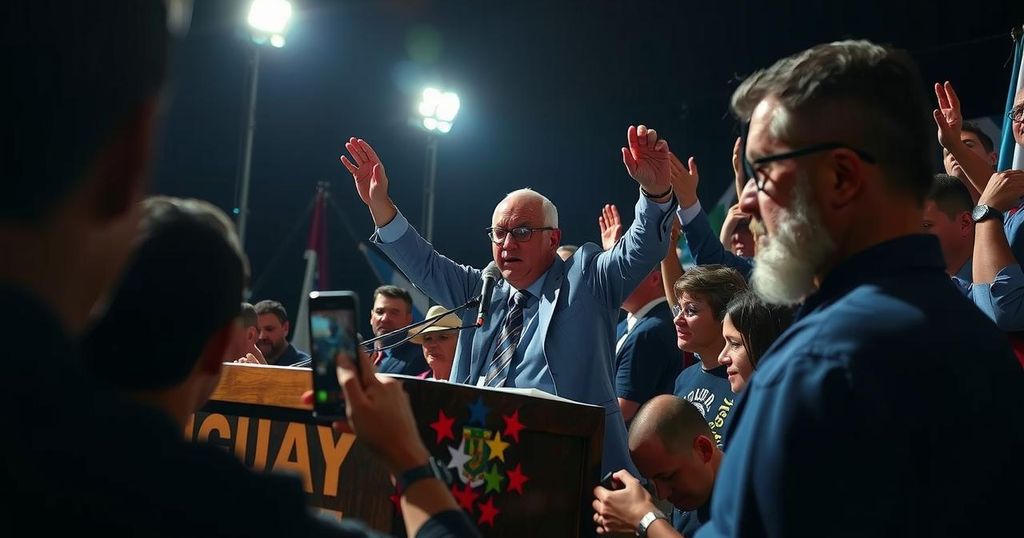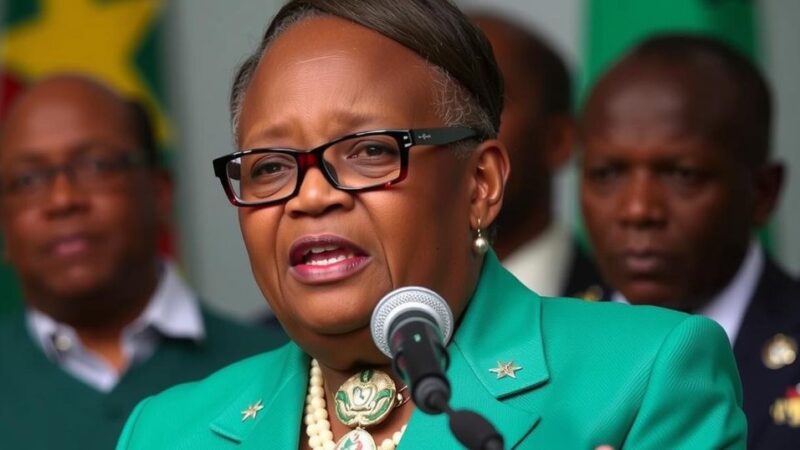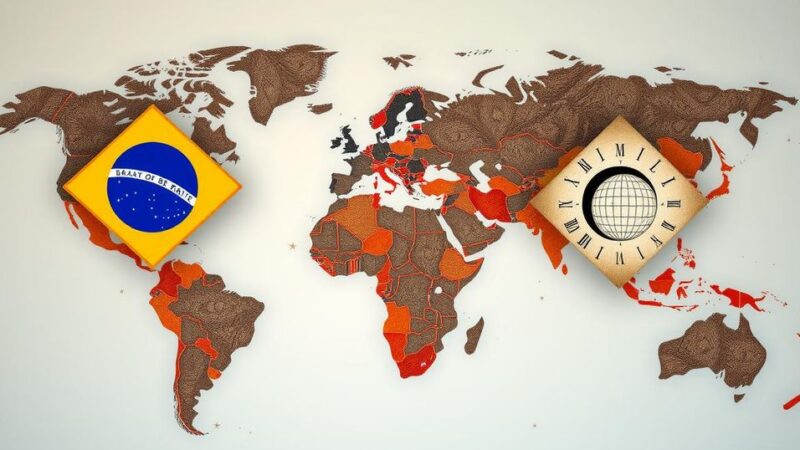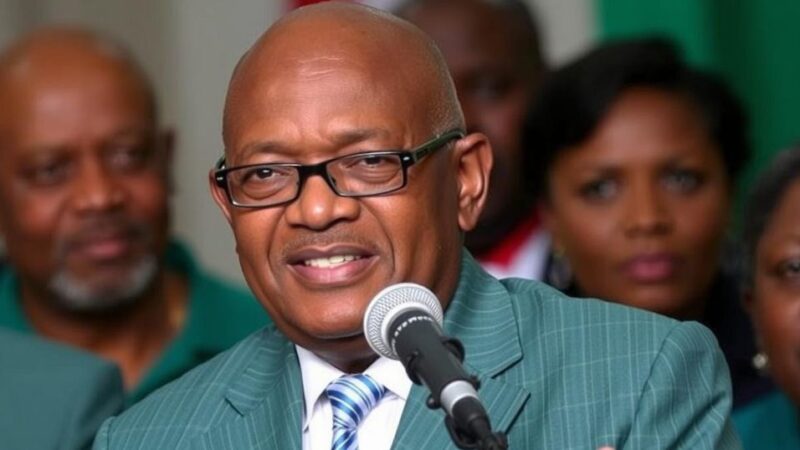The presidential runoff in Uruguay features a close and contentious race between Álvaro Delgado of the ruling National Party and Yamandú Orsi of the Broad Front coalition. After failing to secure an outright majority in the October elections, both candidates focus on addressing voter concerns regarding social issues, economic stability, and rising crime rates, while seeking to mobilize undecided voters amid low voter engagement.
Uruguay braces for a critical presidential runoff election on Sunday, with the Broad Front coalition’s candidate, Yamandú Orsi, and the National Party’s Álvaro Delgado in a tense contest following a previous stalemate in voter support. In the first round on October 27, Orsi secured 44% of the votes, while Delgado garnered 27%, combined with other conservative parties achieving 20%, thereby presenting Delgado with a distinct advantage in this subsequent round.
The electoral landscape reflects a polarized electorate, exacerbated by broad discontent over rising crime rates and vague campaign strategies from both candidates, despite an overarching consensus on significant socio-political issues. Amidst a backdrop of moderate economic growth, both candidates aim to sway undecided voters as they confront each other in a competition devoid of the intense anti-establishment fervor witnessed in other global contexts.
Delgado, 55, champions the continuity of current President Lacalle Pou’s presidency and emphasizes a pro-business agenda. He strategically aligns himself with the president’s popularity, advocating for sustained economic policies that resonate with voters. Conversely, Orsi, 57, draws on his working-class roots and visionary ideals linking him to the revered José Mujica, focusing on social security reforms and attracting investments to revive Uruguay’s agricultural sector.
As their strategies converge on key issues rather than diverging dramatically, voter engagement remains tepid, the influence of the incumbent party looms large, and yet, a desire for progressive change simmers beneath the surface.
The political climate in Uruguay reflects a significant shift from its previous elections, characterized by emotional and populist campaigns. The current election cycle has witnessed a remarkable close contest between candidates from long-standing political traditions, underlying the population’s rising concerns regarding crime rates and economic stability. Historical context is highlighted by the previous governance of the Broad Front and the ensuing shift towards conservative policies under the National Party, underscoring the nation’s evolving political dynamics.
In summary, Uruguay’s presidential runoff unfolds as a tightly contested race between Álvaro Delgado and Yamandú Orsi, revealing a reflective electorate grappling with vital issues of representation and governance. This election encapsulates the nation’s political maturity, mirroring broader regional trends while showcasing the nuances of voter sentiment amidst an evolving socio-economic landscape. As citizens prepare to vote, the outcome remains uncertain, indicative of a populace ready to redefine its leadership. The election outcomes will not only affect domestic policies but could resonate in regional ties and international diplomacy, especially given the anticipated trade engagements with China.
Original Source: apnews.com







